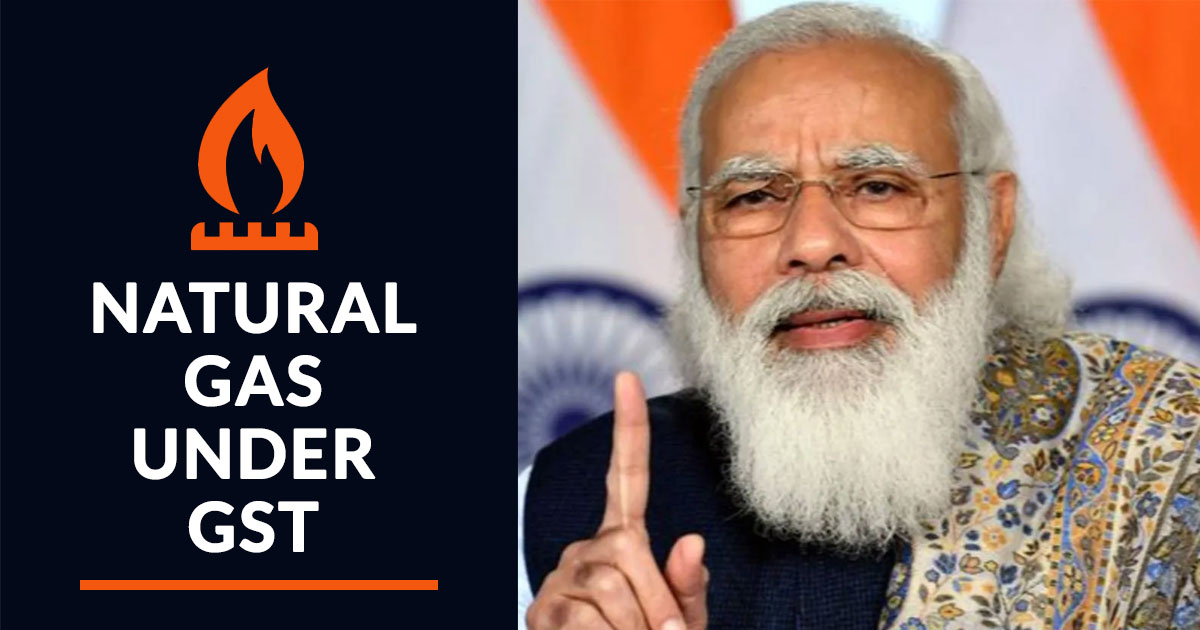India is said to induce natural gas in the goods and services tax (GST) regime to mark prices lower and uniform all over the country, commented PM Narendra Modi.

“We are committed to bringing natural gas under the GST regime; I want to tell the world come invest in India’s energy sector,” he commented.
He moreover told that India was providing INR 7.5 lakh cr for 5 years to develop the oil and gas infrastructure. India is looking towards demeaning the energy import dependency diversified the imports he added.
He moreover told that India will create 40% of all the energy from renewable sources by 2030. India has imported nearly 85% of oil and 53% of gas so to fulfill the domestic demand in 2019 20. “I don’t want to criticize anyone but I want to say, had we focused on these projects much earlier our middle class would not be burdened,” PM commented.
PM Modi devoted the Ramanathapuram-Thoothukudi Natural Gas pipeline to the nation. He will also provide the Gasoline Desulphurisation Unit at Chennai Petroleum Corporation Limited, Manali. He set the foundation stone of the Cauvery Basin Refinery at Nagapattinam.
“Indian Oil’s 143-km-long natural gas pipeline from Ramanathapuram to Thoothukudi that is being launched today will monetize the gas from ONGC’s gas fields. This is part of a larger natural gas pipeline project being developed at a cost of INR 4,500 crore. It will benefit several areas in South India,” he commented.
PM Modi commented that in the past 6 years, the oil and gas projects worth over INR 50 k cr have been allowed for the setting up in Tamil Nadu. Dharmendra Pradhan, central Minister for Petroleum and Natural Gas, and Edappadi K. Palaniswami, Chief Minister of Tamil Nadu, have been part of the event through video conferencing.
Also, the experts from the industry had hoped that the government must bring the natural gas beneath the GST regime to pass on the PM, Modi’s call towards the petroleum ground and enhancing the environment-friendly fuel in India. Natural gas is presently outside the GST boundaries and the previous legacy taxes, central taxes, state Value Added Tax (VAT), central sales tax continued to be applied on the fuel.
The Federation of Indian Petroleum Industry (FIPI) told that the “Non-inclusion of natural gas under GST regime is having an adverse impact on its prices due to stranding of taxes in the hands of gas producers/suppliers and is also impacting natural gas-based industries due to stranding of legacy taxes paid on it,” FIPI seeks the rationalization of GST upon the services of the regasification of LNG.








